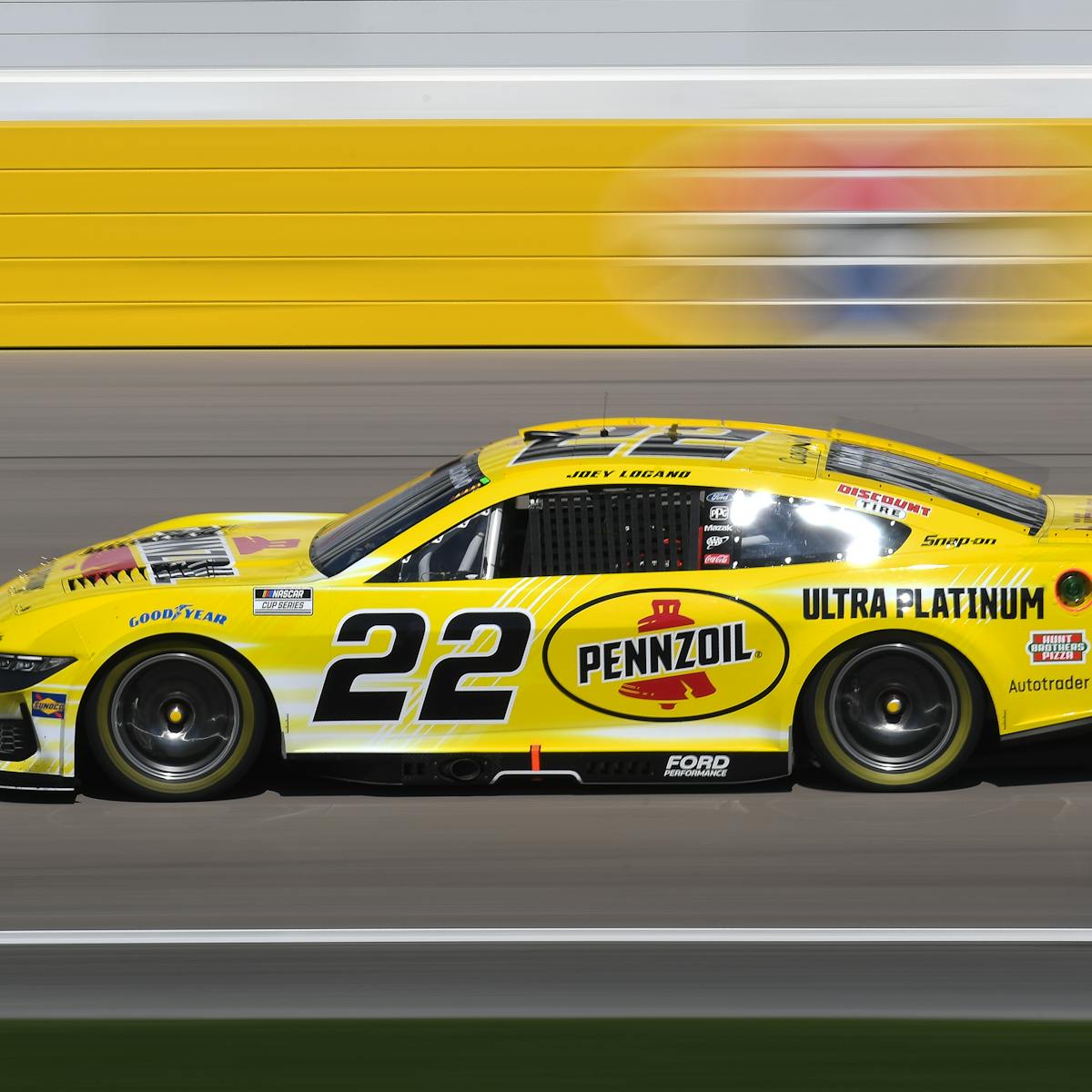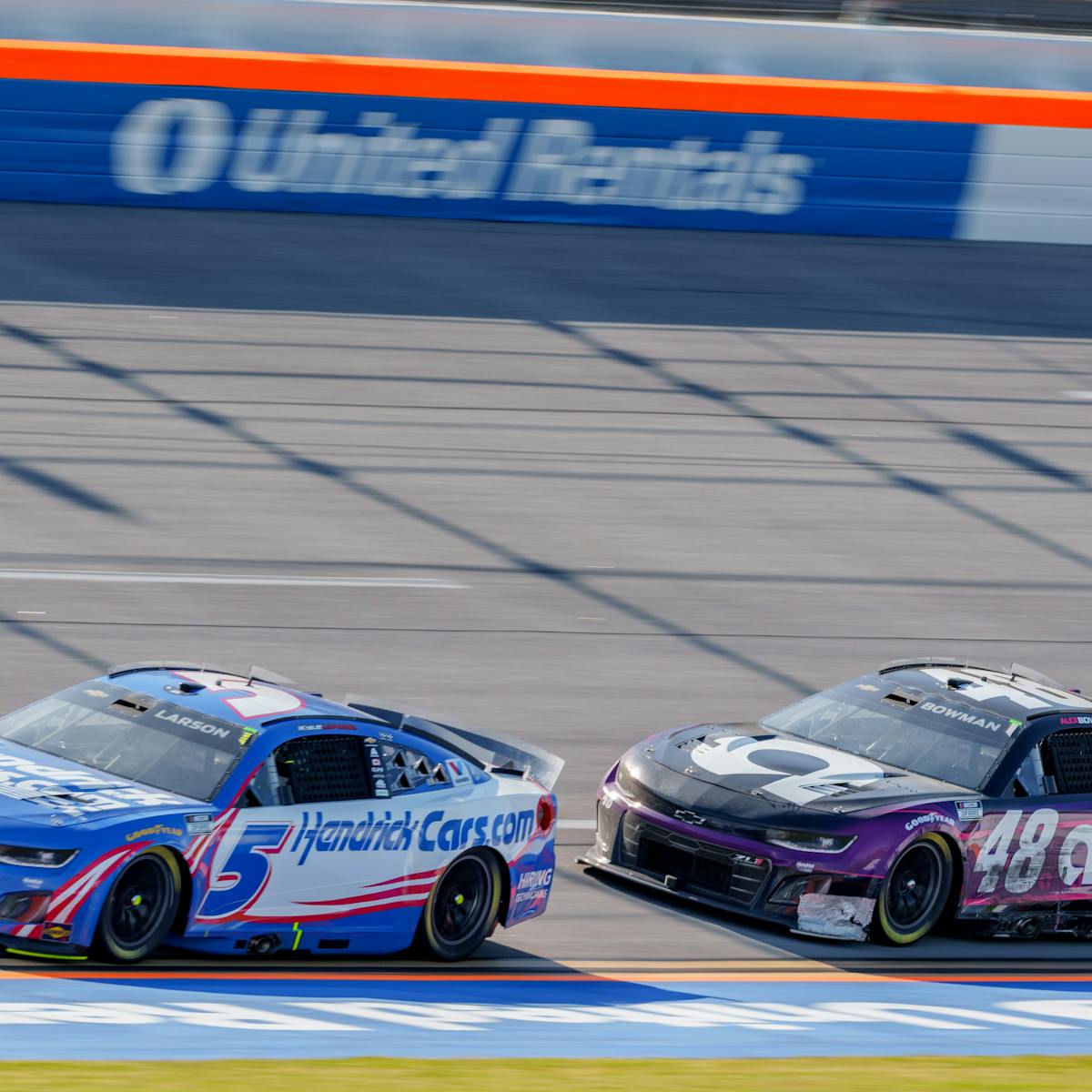Alright, folks, let me tell you how I generally tackle trying to figure out who might have a good day in NASCAR, especially when I’m thinking about “nascar predictions today.” It’s less of a science and more of an art form I’ve kind of stumbled into over the years, a bit like trying to guess the weather.

My Early Days: Pure Gut and Fanboyism
When I first really got into trying to “predict” races, man, it was all gut. I’d just pick my favorite driver, or whoever won the last race. Sometimes I’d get lucky, sure, but mostly, it was a shot in the dark. I realized pretty quick that just liking a guy wasn’t enough to make him win. That’s not really a system, is it?
Starting to Dig: The Hunt for Info
So, I thought, okay, I gotta be a bit smarter about this. I started actually looking for information. What kind of info? Well, stuff like:
- Track History: How has Driver X done at this specific track in the past? Some guys just click with certain ovals.
- Recent Form: Is Driver Y on a hot streak? Have they been finishing in the top 10 a lot lately, or are they struggling?
- Qualifying: This became a big one for me. Starting up front is usually a good sign, though not always a guarantee, especially at plate tracks.
- Practice Speeds: Before qualifying, I’d try to see who was fast in practice. Sometimes that tells you who’s got a good car dialed in.
Finding all this stuff wasn’t always easy. I’d be bouncing between different websites, trying to piece things together. Sometimes I’d even jot notes down in a physical notebook. Yeah, old school, I know.
Developing a “Feel”: It’s Not a Spreadsheet (Mostly)
Over time, I started to get a “feel” for what mattered more at different types of tracks. For instance, track history seems super important at places like Martinsville or Richmond, but maybe a bit less so at a brand new configuration or a wild card track. Recent momentum, though, that always feels important. A team that’s clicking just tends to stay clicking.
So, when I’m thinking about “today’s race,” my process usually starts the day before, or even a couple of days out. I’ll check qualifying results as soon as they’re out. That’s a key piece of the puzzle for me. I’ll compare that with their practice speeds if I can find them. Then I’ll mentally (or sometimes literally) cross-reference that with their past performances at that particular venue.

Putting It Together (Loosely) for Race Day
On race day itself, or the morning of, I’m not usually doing a deep dive. Most of the “homework” is done. It’s more about a final gut check. I’ll consider things like:
- Who seems to have a really good long-run car based on any final practice reports?
- Are there any dark horses who qualified surprisingly well and have a good history here?
- Who absolutely needs a good run for playoff points or to secure their spot? Motivation can be a factor.
I don’t have a fancy algorithm or anything. It’s more like I weigh these different factors in my head. Sometimes, one factor, like a driver dominating practice and qualifying at a track they love, just screams “pick me!” Other times, it’s a muddle, and I might just lean towards a couple of drivers who seem to have a decent shot.
The Big Caveat: It’s Still NASCAR!
And here’s the kicker, after all that looking and thinking: it’s NASCAR. Anything can happen. A guy can have the fastest car, be leading by a mile, and then BAM, engine blows, or they get caught up in someone else’s mess. That’s the beauty and the frustration of it. I’ve had “sure things” go up in smoke on the first lap, and I’ve seen longshots come out of nowhere.
So, when I share my thoughts on who might do well, it’s based on this process I’ve kind of developed. It’s a mix of looking at past data, observing current performance, and then a healthy dose of “well, let’s see what the racing gods have in store today.” It’s fun to try and figure it out, but I always remember to just enjoy the race itself, no matter who wins. That’s the most important part, right?
